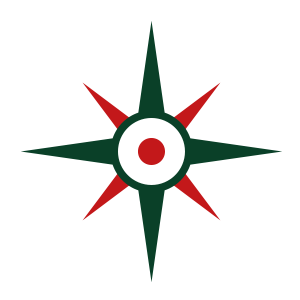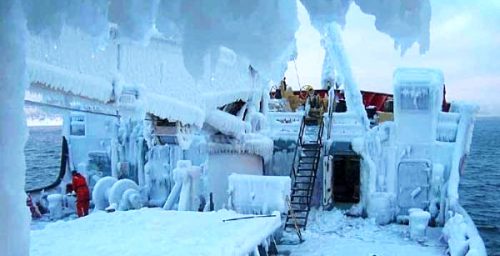SUPPORTING
When implementing a management or compliance system such as the ISM, ISPS or MLC-2006, there are various supporting documents involved. Rood Boven Groen has expert knowledge of these documents, which are outlined below.
Does one of the documents apply to you and are you looking for a partner to help with implementation? Contact us.
Passenger registration
Passenger registration is applicable to passenger ships carrying more than 12 passengers, sailing to and from EU ports. The exact guidelines are listed in European Directive 98/41/EC, as amended. Rood Boven Groen is a recognised passenger registrar and has experience in drafting and applying for a passenger registration system.
SOLAS training manual
SOLAS stands for ‘Safety Of Life At Sea’ and was established in 1914, following the disaster on board the Titanic. SOLAS defines requirements in terms of construction, equipment and crew. The SOLAS training manual is a practical guide on how to use all onboard rescue equipment. Do you need a SOLAS training manual? We would be pleased to be of assistance!
Manning plan
The manning plan forms the basis of the manning certificate or Minimum Safe Manning Document, which is required for every seagoing vessel. In the manning plan the shipowner specifies the minimum number of crew members he expects necessary to safely manage the ship in a sailing area. Functions and procedures for various operations on board are described in this plan. Following approval of the manning plan by the Dutch Shipping Inspectorate, application of the Minimum Safe Manning Document can be made. Rood Boven Groen would be pleased to advise you on how to draw up a manning plan or, should you wish, completely unburden you of the application process.
SOPEP
When oil pollution occurs at sea it spreads quickly over the water. This kind of environmental pollution often has vast and drastic consequences for nature and its inhabitants, and can lead to significant financial losses. Because prevention is better than cure a SOPEP plan was created. SOPEP stands for Ship Oil Pollution Emergency Plan. As indicated in MARPOL 73/78 under Annex I, vessels of 400 GT or more are obliged to have an ‘Oil prevention plan’ in line with the standards and guidelines set by the IMO. In the case of oil tankers these rules apply from 150GT because the oil is part of the cargo and forms, in that respect, a double risk. If a SOPEP plan is applicable to your ship and are you looking for a partner to help with implementation, please do not hesitate to get in touch.
Keep your SOPEP list up to date
Part of this plan is a list of contacts for all countries where an oil incident must be reported and help may be requested from. This list needs to be up to date and available on board at all times.
Rood Boven Groen SOPEP Service
An update of the list with contact points in the Ship Oil Pollution Emergency Plan is published by the IMO once every three months – around 31 January, 30 April, 31 July and 31 October – as an annex to the circular MSC-MEPC.6. Clients who have registered for our free SOPEP service, receive this annex from us by e-mail. If you’d like to receive these updates too, please let us know via info@roodbovengroen.com
Sail training manual
Sailing ships operating under the ‘special purpose certificate’ must have a sail training manual approved by the government. Making use of its broad experience in the field of large scale sailing, Rood Boven Groen has developed a sail training manual that has been approved by the Dutch Shipping Inspectorate.
Ship energy efficiency management plan
A Ship Energy Efficiency Management Plan (SEEMP) applies to vessels from 400 GT and is required by MARPOL from 1 January 2013. The SEEMP is a list of measures to optimise and monitor energy efficiency on board.
Polar Code
In polar regions additional procedures apply for both routine operations and emergency situations. Not only the ice, but in particular, the expected low temperatures form a serious risk for the ship, the crew and equipment. The Polar Water Operational Manual (PWOM) determines the possibilities and limitations of a ship under these circumstances and supports decision making in emergency situations. When we develop a PWOM for a ship we make use of, among others, a practical Risk Assessment that is tailored to each situation.
An experienced Master Mariner with Polar Advanced certification from RBG can help you make the right choices by understanding the challenges of a Polar Water Operational Manual, educating you and your employees, combined with an in-depth knowledge of the regulatory and commercial issues that may affect the implementation of practical solutions. As part of your team, we work together on solutions that we also realize together. Read more about the Polar water operational manual.




